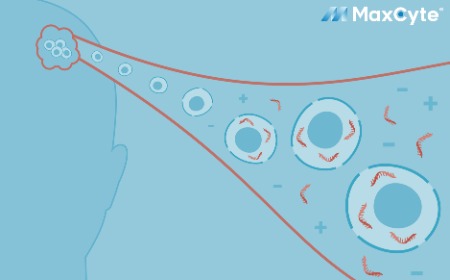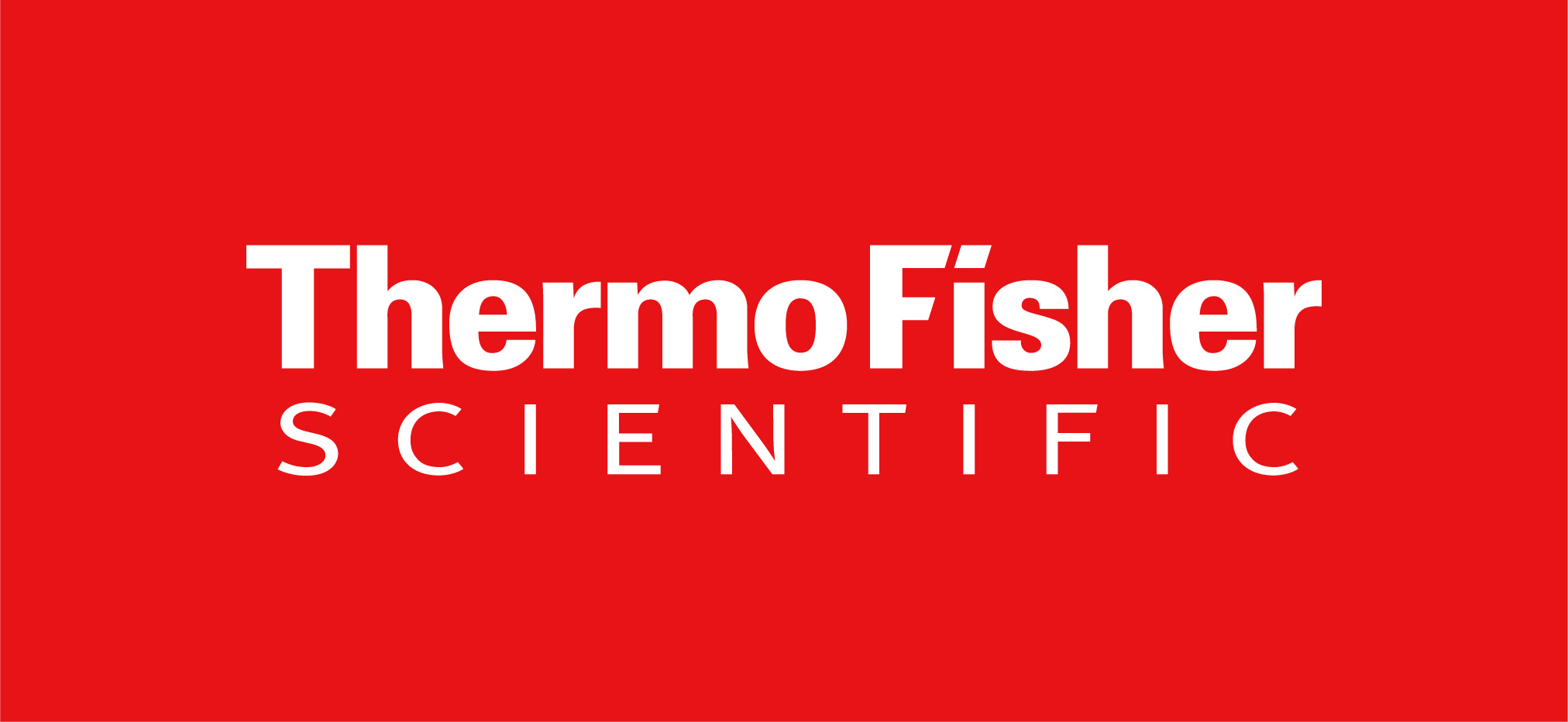Clinical-scale non-viral gene edited CAR-NK cells for cell therapy
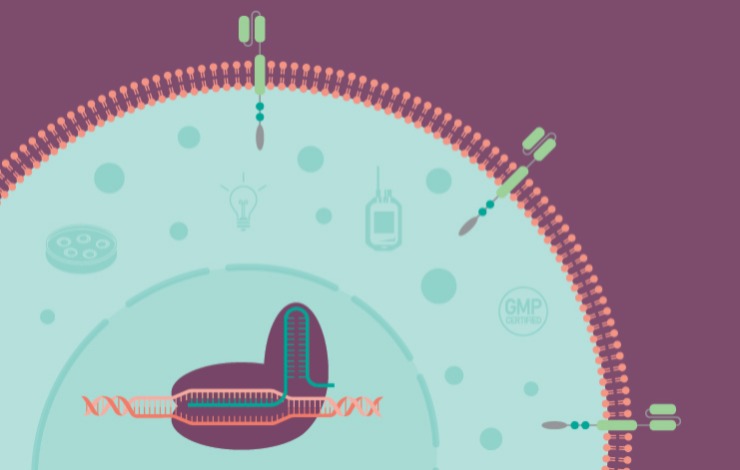
Natural Killer (NK) cells, with their unique innate cytotoxic properties, have become increasingly appealing for off-the-shelf allogeneic cell therapy applications. However, efficient clinical-scale non-viral gene editing of primary NK cells remains challenging.
Dr. Namritha Ravinder from Thermo Fisher Scientific will present clinical manufacturing scale-compatible cell processing and non-viral gene editing data from several innovative Gibco™ Cell Therapy Systems™ instruments, feeder-free NK cell media, gene editing tools, and reagents that can be combined into closed, automatable cell therapy manufacturing systems or integrated into existing workflows. The methods she will review were successfully used for both transient gene expression and anti Meso3 CAR-NK cell generation with up to 25% knock-in efficiency. The resulting CAR-NK cells maintained a good expansion rate and showed enhanced cytotoxicity against target cancer cell lines when compared to unedited NK cells.
Dr. Krishanu “Kris” Saha from the University of Wisconsin will then discuss his lab’s non-viral based NK cell engineering work. Despite the promise of NK cells for allogeneic cell therapy, their efficacy against solid tumors is limited due to the upregulation of NK-inhibitory ligands within the tumor microenvironment. Dr. Saha will share how his team is utilizing a CRISPR Cas9 system to disrupt the KLRC1 gene (encoding the HLA-E-binding NKG2A receptor) and perform non-viral insertion of a GD2-targeting chimeric antigen receptor (CAR) within NK cells isolated from human peripheral blood. Using a completely virus-free workflow, they have demonstrated the feasibility of manufacturing potent allogeneic KLRC1-GD2-CAR NK cells from healthy donors.
- The potential of CAR-NK cells for cell therapy applications
- Benefits and challenges associated with a non-viral CRISPR gene editing protocol for NK cells
- Innovative developments to support GMP processing, electroporation, and culture of human NK cells for clinical applications
You might also like
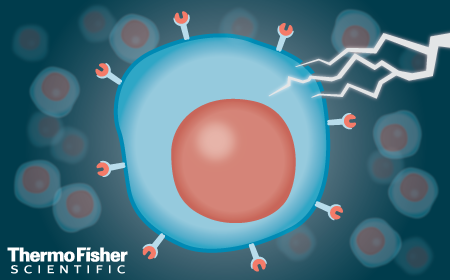
Enhancing CAR-T cell generation: optimizing non-viral engineering of resting T cells for improved cancer immunotherapy
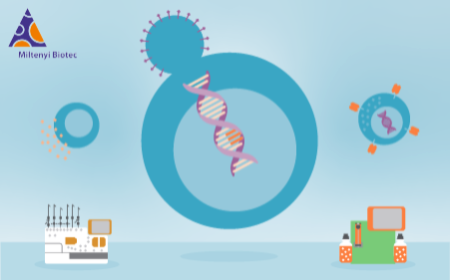
CAR-NK production for clinical applications using BaEV lentivirus and the NK cell engineering platform
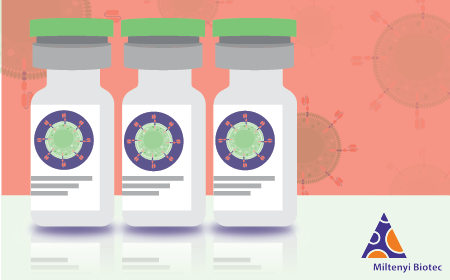
Developing off-the-shelf CAR-NK cells targeting CD70: updates from preclinical and early clinical studies
